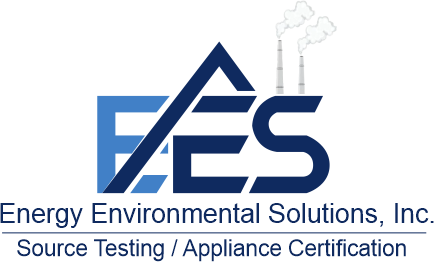Introduction:
Solid waste management (SWM) is a critical aspect of environmental stewardship and sustainable development in communities worldwide. With urbanization and industrialization on the rise, the effective management of solid waste has become increasingly imperative. This article aims to delve into the significance of solid waste management, explore current challenges, and propose innovative solutions to promote a cleaner, healthier, and more sustainable future.
The Significance of Solid Waste Management:
Solid waste encompasses various discarded materials generated from households, commercial establishments, industries, and construction activities. Improper disposal of solid waste poses significant environmental, social, and economic challenges. From soil and water pollution to greenhouse gas emissions and public health hazards, the impacts of inadequate waste management are far-reaching.
Effective SWM not only mitigates environmental degradation but also conserves resources through recycling and waste-to-energy initiatives. Furthermore, it creates employment opportunities, fosters innovation, and enhances community well-being. By implementing comprehensive SWM strategies, societies can minimize waste generation, maximize resource recovery, and reduce the burden on landfills and incineration facilities.
Current Challenges in Solid Waste Management:
Despite its importance, solid waste management continues to face various challenges globally. Rapid population growth, urbanization, inadequate infrastructure, and insufficient funding often strain waste management systems. In many regions, informal waste collection and disposal practices exacerbate environmental pollution and jeopardize public health.
Moreover, the growing complexity of waste streams, including electronic waste and hazardous materials, presents additional challenges. Inadequate awareness and education on waste reduction, segregation, and recycling further impede progress towards sustainable waste management practices. Addressing these challenges requires a multifaceted approach involving stakeholders from government, industry, academia, and civil society.
Innovative Solutions for Sustainable Waste Management:
To overcome the challenges associated with solid waste management, innovative solutions are essential. Embracing the principles of circular economy and resource efficiency can revolutionize waste management practices. By promoting reduce, reuse, and recycle (3Rs) initiatives, communities can minimize waste generation and maximize the recovery of valuable resources.
Investing in modern technologies, such as waste-to-energy facilities, composting plants, and material recovery facilities, can facilitate the conversion of waste into energy, compost, and recyclable materials. Furthermore, decentralized waste management approaches, including community-based composting and decentralized recycling centers, empower local communities to actively participate in waste management initiatives.
Education and awareness campaigns play a pivotal role in fostering behavior change and promoting sustainable consumption patterns. By educating individuals about the environmental impacts of waste generation and the benefits of recycling, communities can cultivate a culture of responsible waste management.
Collaboration among stakeholders is crucial for implementing integrated solid waste management strategies. Public-private partnerships can mobilize resources, expertise, and innovation to develop sustainable waste management infrastructure and services. Additionally, engaging with informal waste pickers and integrating them into formal waste management systems can enhance inclusivity and improve livelihoods.
Conclusion:
Solid waste management is a pressing global challenge that requires concerted efforts from governments, businesses, communities, and individuals. By prioritizing sustainable waste management practices, societies can mitigate environmental pollution, conserve resources, and promote inclusive development. Through innovation, education, and collaboration, we can pave the way towards a cleaner, healthier, and more sustainable future for generations to come.
